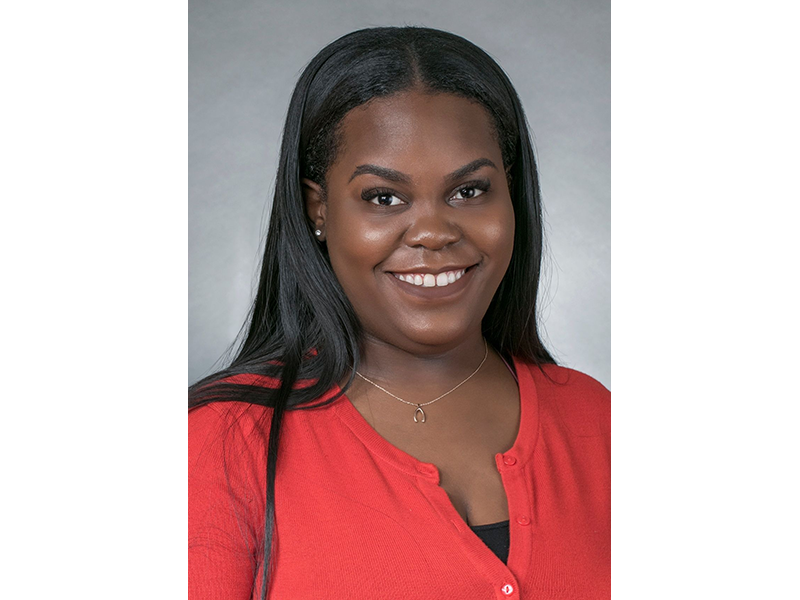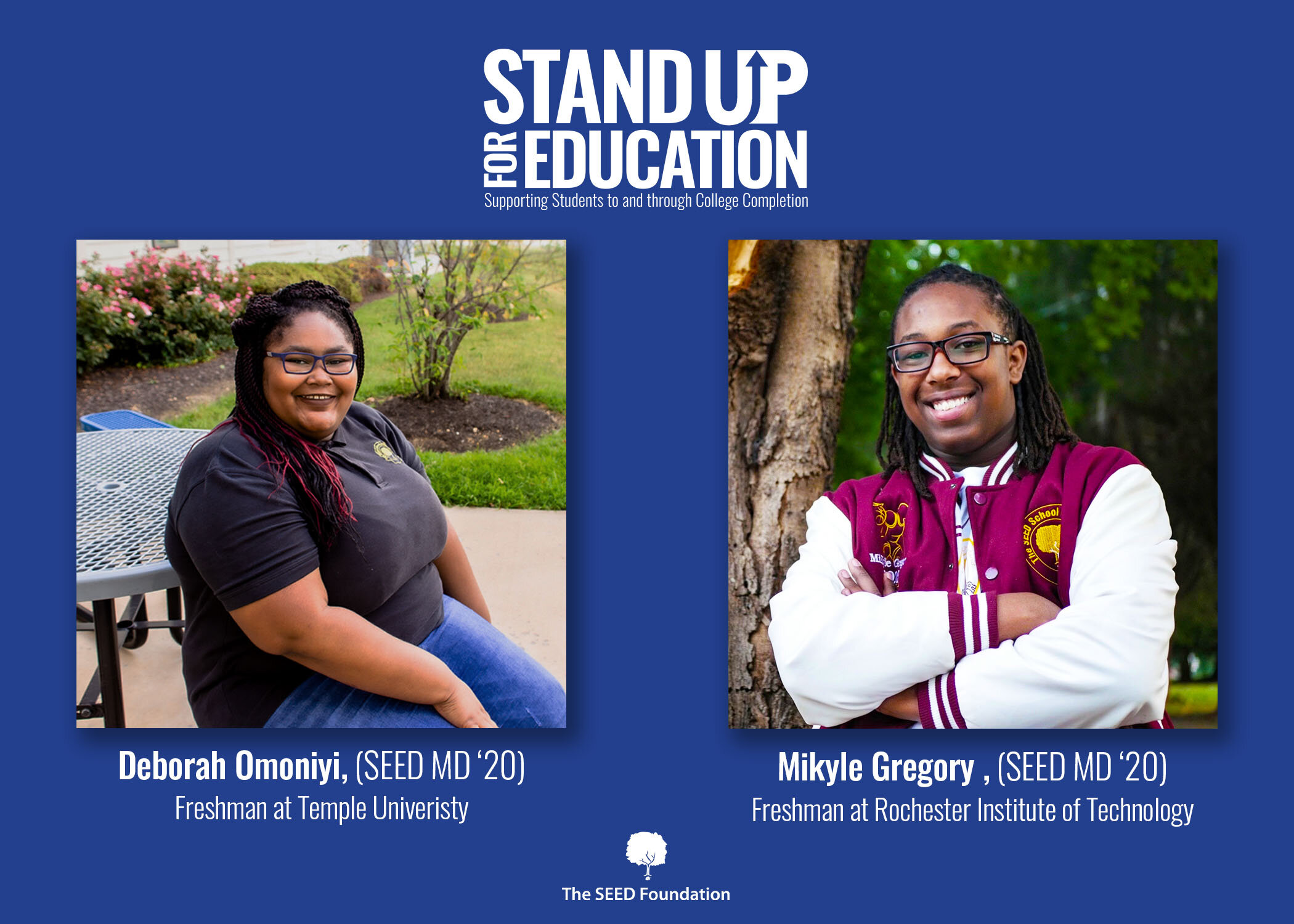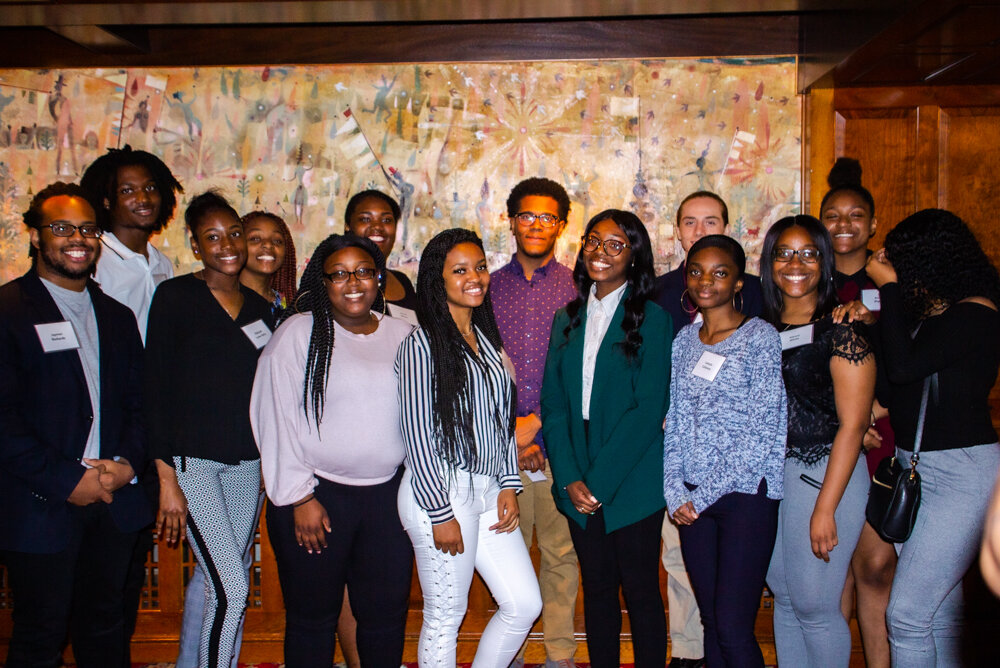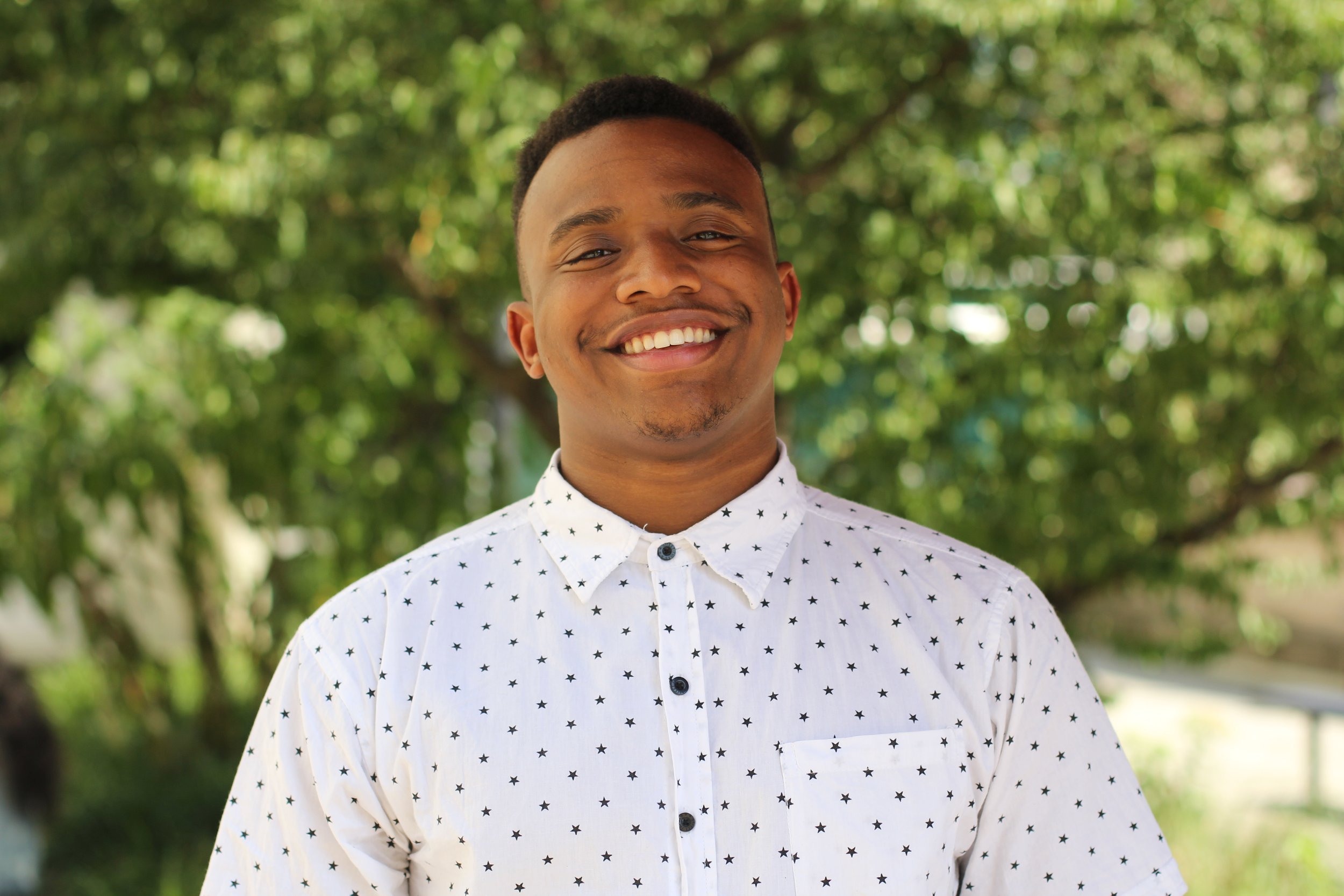Source: National Student Clearinghouse
Students across the country found their education experiences upended in 2020 and 2021. For graduating seniors, that included college plans. In 2020, first-year college enrollment decreased significantly in comparison to prior year trends, and this trend will likely continue into 2021.
Immediate college enrollment rates for high school graduates declined overall during the pandemic but dropped significantly more for low-income and minority students. The National Student Clearinghouse reported that immediate enrollment rates in the fall of 2020 were significantly lower for students from low-income schools when compared to their peers from higher economic backgrounds. (-11.4 percent and -2.9 percent, respectively). Similar discrepancies existed between graduates of high-minority schools (-9.4 percent) and predominantly white schools (-4.8 percent).
FAFSA completion rates are another good indicator of college enrollment and persistence. Unfortunately, these numbers nationally are consistent with lower immediate enrollment rates for low-income and minority students. According to the National College Attainment Network, FAFSA completion rates for students at schools with high percentages of Black and Latino students declined significantly more (-17.8 percent) than for students at predominantly white schools (-7.6 percent).
At SEED, we have remained focused on supporting our students so that they are set up to persist to and through earning a college degree. Because SEED students receive one-on-one advising on how to apply for college and financial aid, 72 percent of our students enrolled immediately in four-year colleges in 2020 compared to 44 percent nationally. Last year 93 percent of our students completed the FAFSA. “Based on our students’ outcomes and outcomes nationally, we know that immediate enrollment is an indicator of college degree attainment. Our work to ensure that students are enrolling in right fit institutions is even more meaningful as you can see in our numbers that show our students graduating at nearly 4 to 5 times the rate of their peers nationally”, shared Vincena Allen, chief growth officer at The SEED Foundation.
Our support doesn’t end once our students have enrolled in college. Each SEED graduate is assigned a college success advisor who is with them throughout their postsecondary journey. Not only are we at their high school graduation, we attend their college graduations!
Our work is urgent because with a college degree our students are more likely to experience financial security and be employed even through economic downturns. This is why the SEED community—our families, and students—continue to focus on the ultimate goal: college completion.
Our staff and students have worked hard this year to keep their eyes on the prize and persist through unexpected and ongoing challenges. Every student deserves access to a college degree, and we provide all students—no matter their economic background—with the supports they need to achieve their goals.
____
SEED’s College Transition and Success program uses data from individual SEED students and from student data reporting agencies, such as the National Student Clearinghouse StudentTracker, to understand student pathways and outcomes.


























